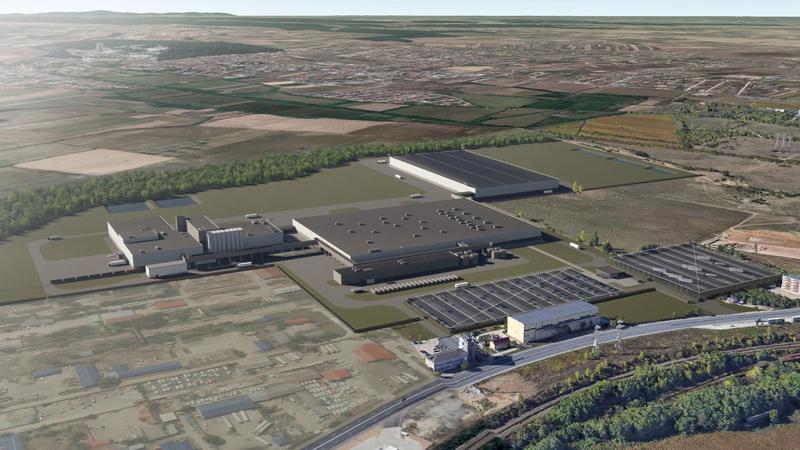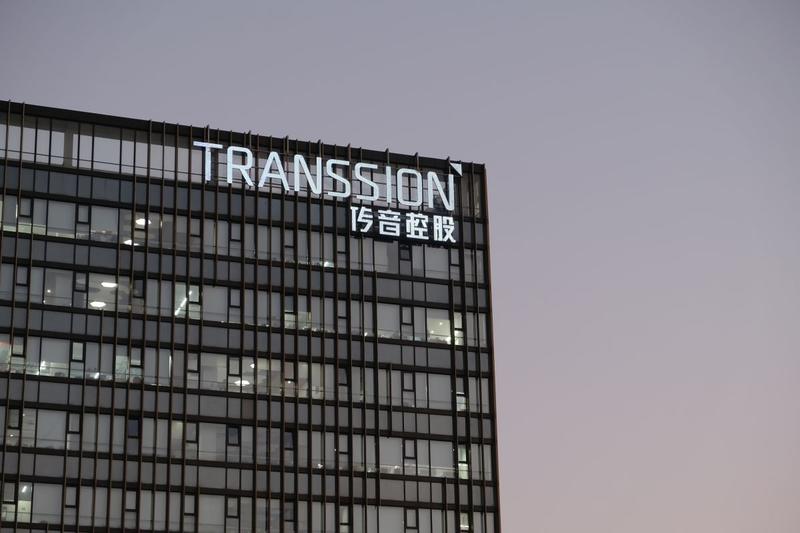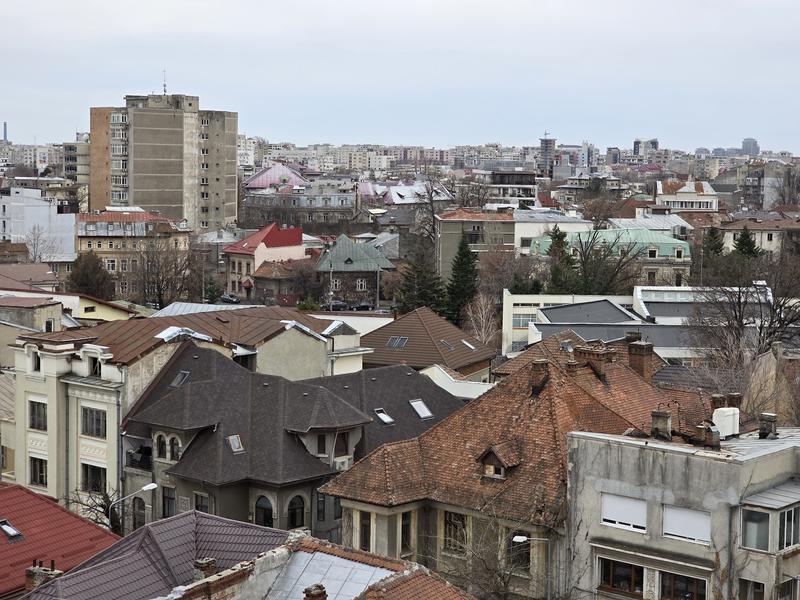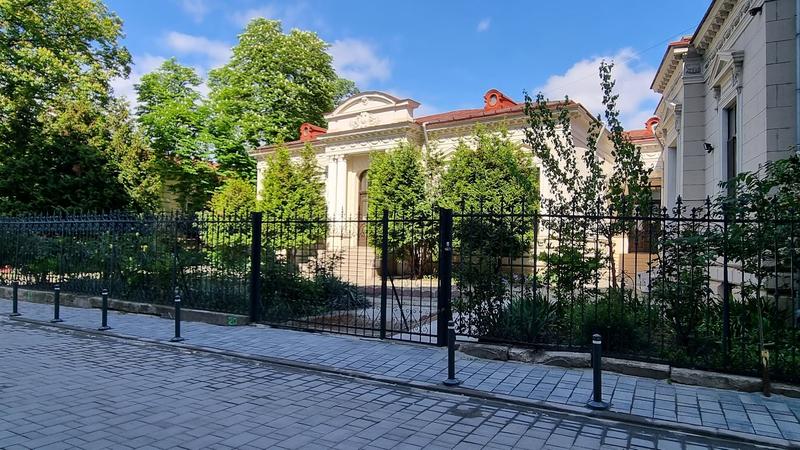A weak Prime Minister, designated in a hurry after the withdrawal of Theodor Stolojan, and promises difficult to keep: analysts question the capacity of the future Government to deal with the challenges brought by the crisis, AFP comments. Observers note the "contradictory" character of the governing program, which multiplies the public expenses, but still promises to reduce the budgetary deficit to 2.5%.
"This program includes a long list of social measures, but doesn't mention any financing source", says former banker Bogdan Baltazar. The increase of the minimum wage on January 1, 2009, increased subsidies for agriculture and double allocations for children - "if all these targets are reached, the budget will be soon emptied", says Baltazar.
The new government intends to maintain the 16% flat tax, to reduce the VAT level to 5% for basic aliments, to issue compensations and deduction for low income employees and to increase the VAT for luxury products to 25%. "It reminds me of one of the Communist era programs, full of generous ideas. We ensure people that all will be well, but we don't say where the money comes from or who's going to pay", says Cristian Parvan, president of the National Employers Confederation.


















